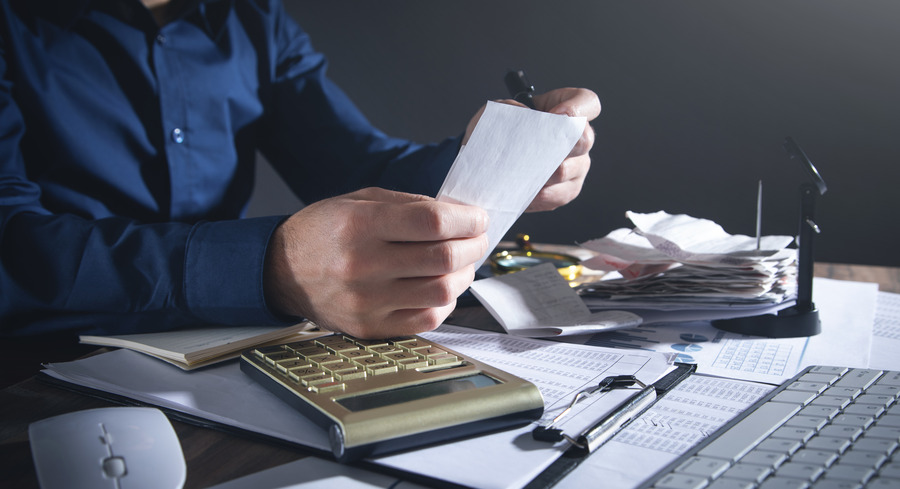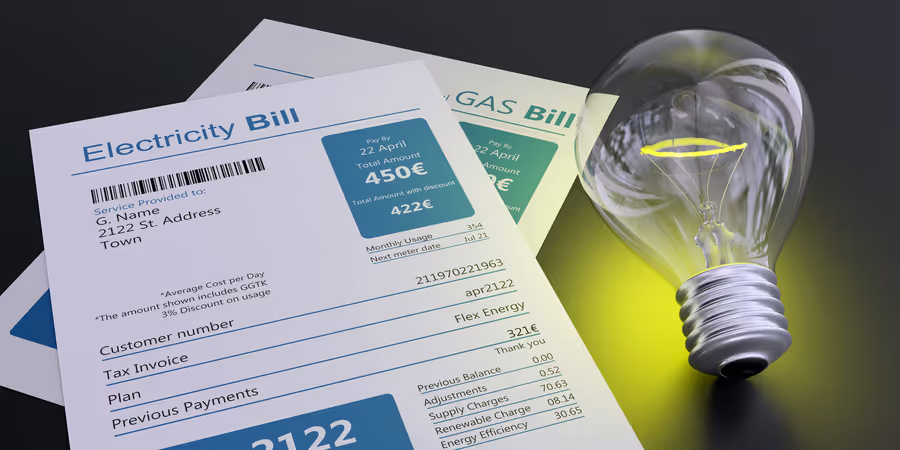Important Notice: Recent changes have been made to HMRC policies regarding late filing and payment penalties for Self Assessment. Please read on for the most current information.
When is the Self Assessment deadline?
The main deadline to submit your online Self Assessment and pay any tax owed is midnight on January 31st. You need to know a critical distinction: if you plan to submit a paper tax return, the deadline is significantly earlier! HMRC absolutely must receive your physical return by 31st October each year.
If you miss either deadline, you'll be hit with penalties. Our firm advice? Don't wait until the last minute! Submit your return and pay what you owe using whatever financial information you have available. You can always go back and officially amend your tax return later if you need to correct something.
{{pt-self-assessment}}
How much is the fine if I miss the Self Assessment filing deadline?
Be aware that penalties for late filing now include an automatic fixed penalty of £100 if your return is up to 3 months late.
If your return is more than 3 months late, additional penalties will apply, including £10 per day for up to 90 days, followed by £300 or 5% of the tax due (whichever is higher) at 6 and 12 months late. In cases of deliberate withholding of information after more than 12 months, even further penalties may apply.
Can I still submit a Paper Self Assessment?
Yes, you can. If you’d rather keep things old-school or online just isn’t your thing, paper Self Assessments are still an option. Although you need to bear in mind that paper Self Assessment’s often take longer to be processed and the deadline is three months earlier. So if you fancy the old school route of getting your tax return sorted, you need to get it sorted by October 31st.
Add in the unpredictability of the postal service, and it’s easy to see why most people just file online these days. Miss that 31st of October deadline and you’ll need to file online to avoid penalties. If HMRC receives your paper return late and it’s the first one they process, you could face a £100 late filing penalty. Filing online afterward won’t cancel that penalty.
Additional fines for late payment
This may sound obvious, but don’t forget that you must also have paid the tax you owe by the 31st January (we’ll be discussing automatic “Time to pay” agreements in just a couple of minutes). If you don’t file your return and pay any tax due on time, or can't pay your self assessment, you may face penalties, and there are potential extra penalties.
The penalties for late payment of tax have been specified as follows: 5% of the tax due if 30 days late, an additional 5% of the outstanding tax due if over five months late, and a further 5% of the outstanding tax due if over 11 months late.
Upcoming Changes in Penalties (April 2026):
Starting April 2026, a new points-based penalty system for late self-assessment returns and tax payments will be introduced. Under this system, you'll receive a point for every missed submission deadline. Once you reach a certain threshold of points, a £200 penalty will be charged.
For each subsequent late submission, another £200 penalty will be levied without increasing the points total. The thresholds for penalties will vary based on the submission frequency – whether it's annual, quarterly, or monthly.
{{tax-guide}}
Don't get caught out by Payment on Account
HMRC runs a system called “payment on account” for those who pay most of their tax through Self Assessment. This can catch many people out, especially if it is their first Self Assessment – as it means that the tax due is often 50% higher than expected. Read more in our article about payment on account.
Can I escape a Self Assessment fine?
HMRC says it will waive the late-filing penalty for people who have a “reasonable excuse”, although this will be done at officials’ discretion.
You may be able to avoid a penalty if a close relative died shortly before the Self Assessment deadline, if you have been seriously ill, or even if you have experienced serious IT problems. Penalties may also be waived or suspended if you’re unable to file your returns due to issues with HMRC’s online services.
On the other hand, HMRC says it will not waive penalties for those who find the Self Assessment system too difficult to use or who did not receive an official reminder, for example.
If you do wish to appeal against a penalty, you’ll need to fill out what’s called a SA370 form, or you can appeal online.
Avoiding future problems
Registering for Self Assessment is probably the most awkward part of the process. Once you’re registered, filing returns in future should be far more straightforward, providing you keep a note of your username and password for the service.
You must keep your records for at least five years after the 31st January submission deadline of the relevant tax year. HMRC may check your records to make sure you’re paying the right amount of tax.
If you filed your 2024/25 tax return online by 31st January 2026, you must keep your records until at least the end of January 2031.
You can file your return at any time after the tax year ends on 5th April each year.
And remember, filing your Self Assessment return early means the size of your next tax bill won’t come as a shock.
We take the pain out of Self Assessments
At Crunch, we’re experts at looking after life’s numbers, so you can trust us to make your Self Assessment as worry-free as it can be. Our expert chartered certified accountants will take care of you, just like we did for thousands of clients in the last tax year.
Need further advice?
Crunch are always here to help our clients. If you’re a new client, then get in touch with us on 0333 311 0800. For Crunch paid subscription clients, your client managers are on hand to answer any questions you may have. Contact them today on support@crunch.co.uk or 0333 311 8001.

.svg)



.webp)







.avif)







